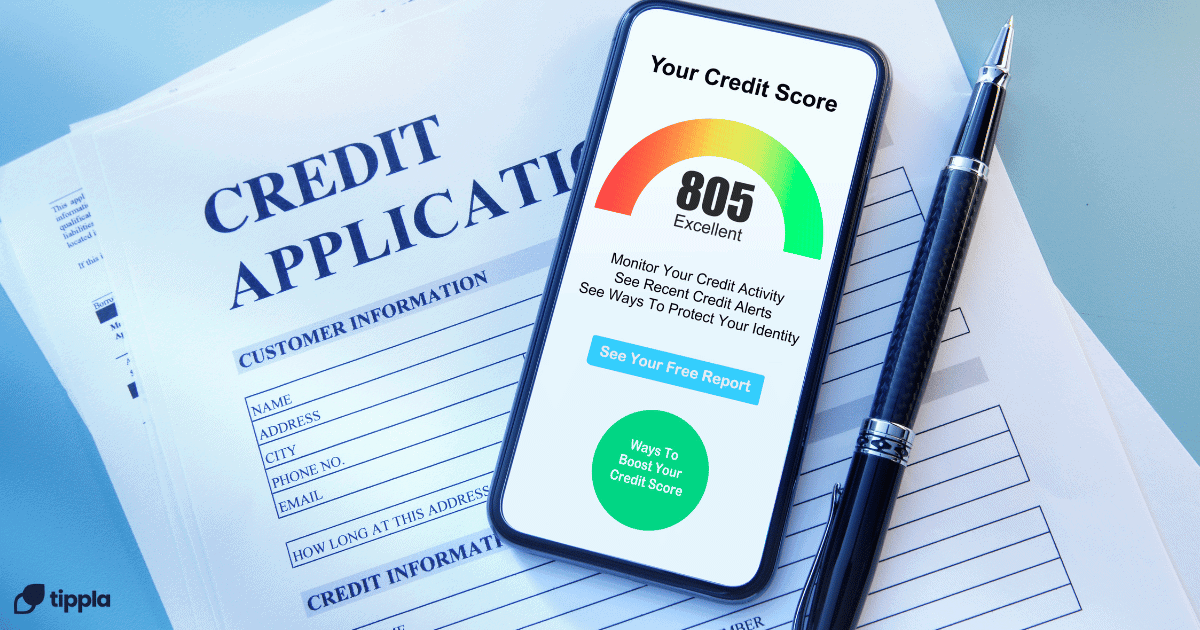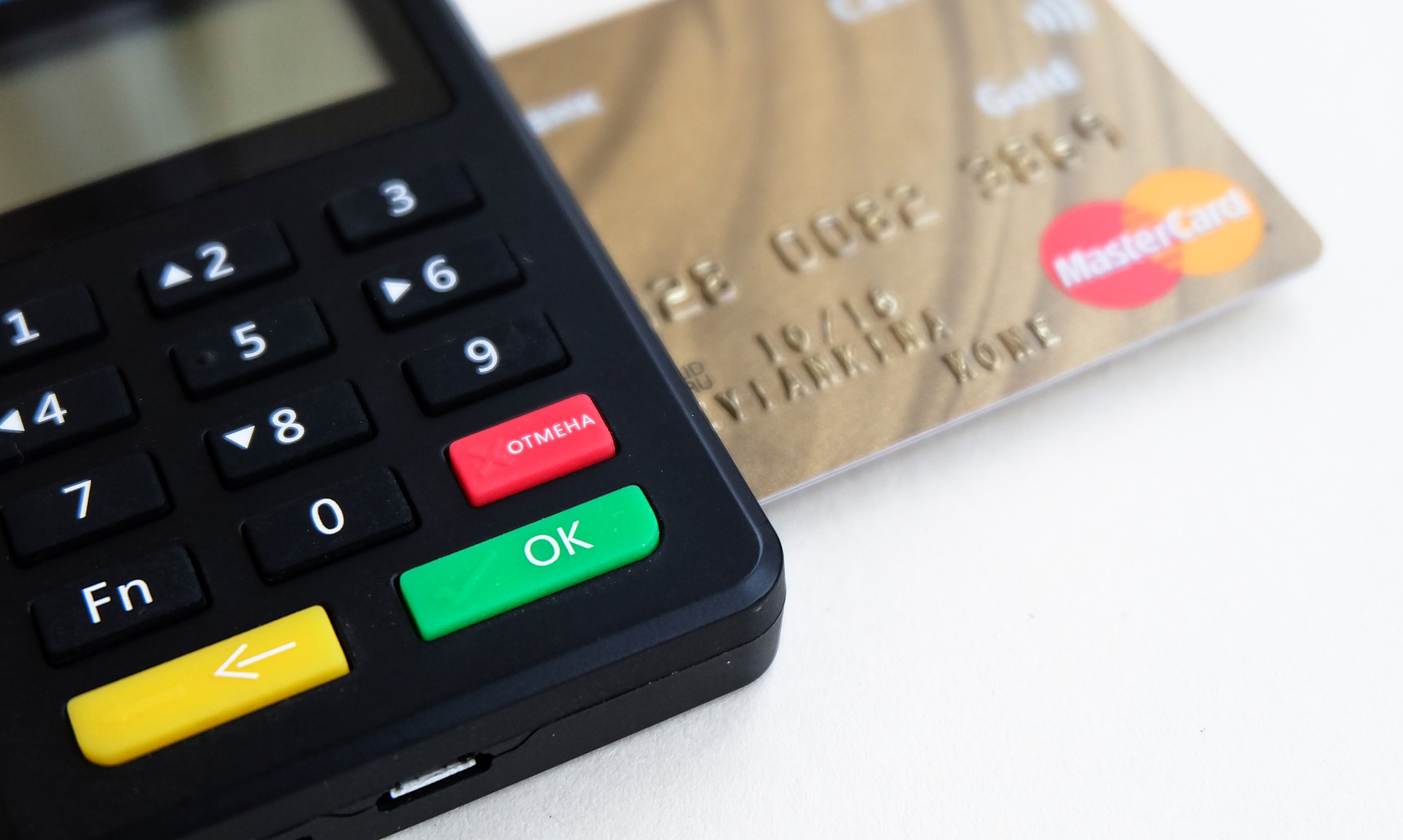Published in October 28, 2024
Can buying digital assets affect your credit score?

A recent survey revealed that almost one in every five Australians currently owns a form of digital asset or has done so in the last 12 months.
This type of digital currency has undoubtedly made some Aussies very rich, including Kain Warwick, the founder of Synthetix, and Kingsley Advani, who became a millionaire through Bitcoin at the tender age of 24. However, many have also lost a lot of money.
While more people than ever are investing in digital currency, quite a few are still reticent about doing so. One of their major concerns is whether it can affect their credit score.
Well, the short answer is no. Buying digital assets won’t directly impact your credit score, although how you do it might.
Allow us to break it down for you.
What is a Digital Asset?
If you are not exactly sure what it is, understanding it can be difficult. But to put it simply, it is a form of decentralised digital currency—in other words, not under the control of a government, authority, or one person.
Unlike pounds, dollars, and yen, digital currency is not a fiat currency, which gives the governments that issue it more control over their country’s economies. Instead, it is secured by blockchain technology, which maintains a public ledger of every transaction that connects simultaneously to an extensive computer network, as opposed to a central bank.
At present there are over 13,200 digital currencies in existence, which are traded on various platforms, one of the most popular of which Down Under is the Australian digital asset exchange, bitcoin.com.au.
What is a Credit Score in Australia?
A credit score is a number that allows financial institutions to make a judgement on how safe or risky it would be to lend you money. It is based on several factors, including your financial history, how many credit cards and loans you have and how good you have been in the past at paying back debt.
In Australia, the three major companies that issue credit scores are Equifax, the largest, Illion, and Experian.
Depending on which agency runs the credit check, the score you get will be between zero and 1,200. It will also fall into five different categories ranging from below average (the worst) to excellent (the best).
As you would expect, the higher the credit score you have, the more attractive a proposition you will be to lend money to.
Does Buying Digital Assets Influence Your Credit Scores?
As we said in the intro, buying digital currencies will not affect your credit scores. That is because the act of doing so won’t show up on your credit history.
However, how you buy might have an effect. For example, if you purchase the likes of Bitcoin, Ethereum or Tether with borrowed money, either from a bank loan or a credit card, you could end up with a low credit score if your investment is unsuccessful.
The reason for this is that you would still owe money to the lender, which, if you begin to struggle to repay the debt, could start to negatively impact your credit score.
What Else Does Not Impact Your Credit Score?
Although they might affect your finances and ability to make repayments, it is worth noting that not everything you purchase or all your individual circumstances will negatively influence your credit score.
For example, as credit bureaus do not run the rule over what purchases are made with them, anything you buy with a credit or debit card will not be counted against you.
Additionally, being denied a card credit and not having a debt consolidation or student loan won’t have a bearing on your rating, and neither will your marital status.
What Will Affect Your Credit Score?
This article highlights how credit scores are determined in Australia. However, overall, the main thing that will skew your credit score is how good you have been at repaying debt.
If, for example, you regularly pay the full amount you owe every month for your mortgage or car repayments on the day it is due, then that will be a huge positive for you.
However, if you regularly miss payments or don’t pay the full amount, then you could find yourself penalised with a low score.
Best Way To Improve Your Credit Score
The best way to increase your overall credit score is to pay off all of your bills in full every time they are due. Even missing one payment can have a negative impact on your rating.
At the same time, you should also focus your energy on trying to reduce as much of your debt as you can and cancel your credit card when the balance returns to zero.
It is also a good idea to try and save a good amount of cash to cover all your bills for a period of time, just in case you lose your job or fall into ill health.
However, before you do this, you will need to establish what your credit score is. So, exercise your legal right to obtain your credit score for free (every three months) from Illion, Equifax or Experian. Or you can access it anytime for free using Tippla.
While we at Tippla will always do our best to provide you with the information you need to financially thrive, it’s important to note that we’re not debt counsellors, nor do we provide financial advice. Be sure to speak to your financial services professional before making any decisions.
Related articles

Get the Lowdown on Renters Insurance Premium
29/07/2021
What is a renters insurance premium? Insurance companies typically...

Understanding and Using Line of Credit Loans
23/07/2024
In Australia, the financial landscape offers a variety of...


What happens when your car gets written off in an accident?
28/07/2021
What happens when your car is written off? Having...
Subscribe to our newsletter
Stay up to date with Tippla's financial blog